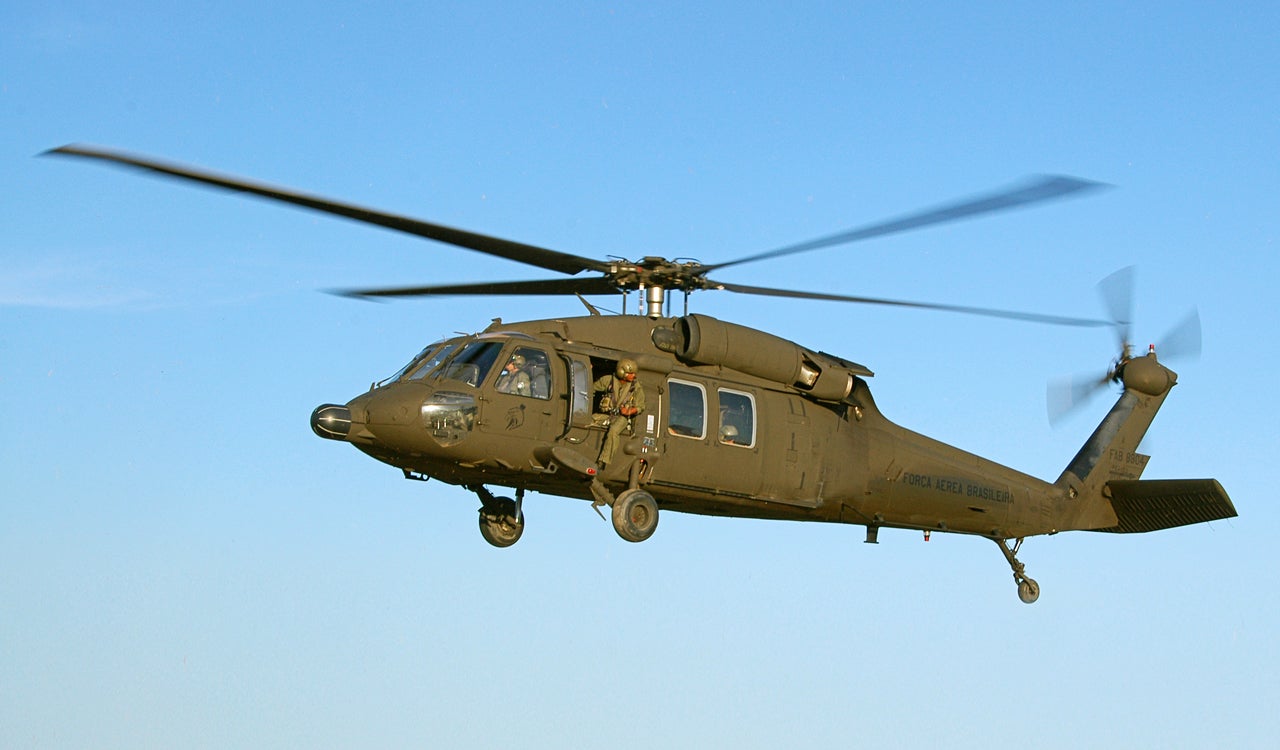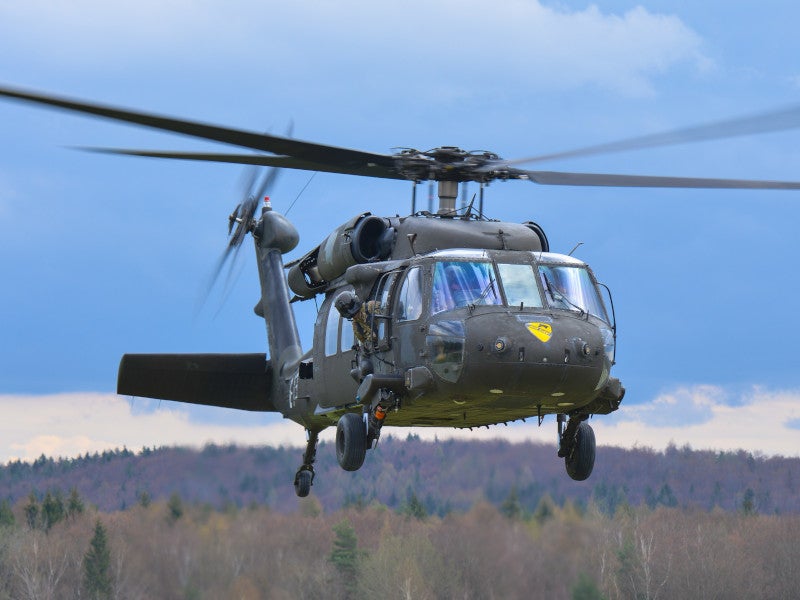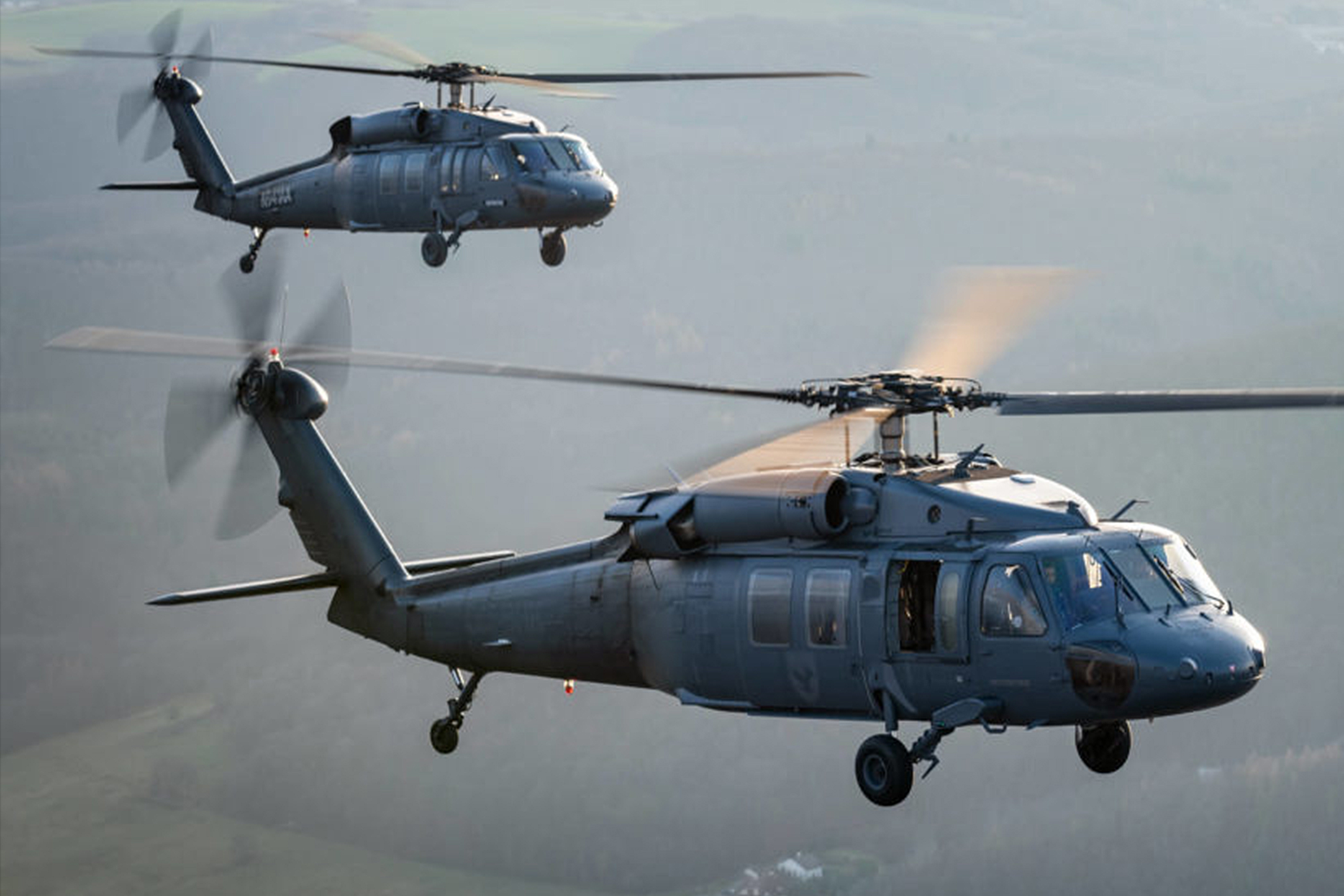UH 60 Technical Specs and Efficiency Evaluation
UH 60 Technical Specs and Efficiency Evaluation
Blog Article
The Impact of Sustainable Practices on the Future of Airplane Procedures and Emissions Decrease
As the air travel market encounters increasing analysis over its environmental effect, the adoption of lasting techniques becomes a crucial path towards future aircraft procedures and discharges decrease. Advancements in sustainable aviation fuels and improvements in crossbreed propulsion technologies stand at the leading edge of this improvement, promising considerable reductions in greenhouse gas discharges. Nonetheless, the successful integration of these campaigns rests on a selection of factors, consisting of regulative structures and market cooperation. The concern continues to be: exactly how will these evolving methods reshape the characteristics of air traveling and contribute to a more lasting future?

Summary of Sustainable Practices
Sustainable practices in airplane operations encompass a range of approaches targeted at minimizing environmental effect while keeping functional efficiency. These techniques are vital in the air travel industry's dedication to decreasing its carbon impact and adhering to international environmental standards. Secret initiatives include maximizing trip courses to reduce fuel usage, improving upkeep methods to make sure aircraft run at peak efficiency, and implementing innovative modern technologies such as winglets and light-weight products that boost the rules of aerodynamics.

Engaging and training personnel on sustainability methods also play a crucial role, promoting a society of ecological duty within organizations. Overall, the integration of these lasting techniques not just helps in reducing emissions but additionally enhances the long-term feasibility of the aviation sector, ensuring it satisfies the demands of both clients and regulatory bodies while adding to international sustainability goals.
Ingenious Gas Alternatives
Numerous innovative gas alternatives are becoming pivotal services to minimize the aeronautics sector's reliance on conventional nonrenewable fuel sources. Amongst these choices, Lasting Aviation Fuels (SAFs) have acquired substantial focus due to their potential to lower lifecycle greenhouse gas emissions by up to 80% compared to standard jet gas. SAFs are acquired from numerous feedstocks, consisting of waste oils, farming deposits, and also algae, making them a flexible alternative for the market.
Another encouraging alternative is hydrogen fuel, which, when used in gas cells, creates just water vapor as a by-product. Furthermore, electric propulsion systems are being checked out, leveraging battery innovation to power aircraft.
Last but not least, biofuels obtained from biomass are being examined, using a renewable choice that can be combined with conventional gas. Collectively, these cutting-edge fuel alternatives stand for an important step towards achieving a lasting air travel ecosystem, lining up with international exhausts decrease targets and improving the market's ecological stewardship.
Technical Advancements in Air Travel

How can technological developments reshape the future of aviation? The integration of cutting-edge innovations is crucial in transforming airplane operations, boosting performance, and decreasing discharges. Developments such as hybrid and electric propulsion systems are at the center, promising considerable decreases in fuel usage and greenhouse gas exhausts. These systems utilize innovations in battery technology and energy administration, allowing aircraft to operate with a lower ecological footprint.
In addition, the application of advanced products, such as lightweight compounds, contributes to boosted aerodynamics and gas performance. Making use of expert system and machine learning in flight operations maximizes course preparation and reduces fuel melt by enabling real-time adjustments based upon weather condition and traffic problems. In addition, the advancement of self-governing and remotely piloted aircraft systems stands to reinvent freight and passenger transport, possibly raising effectiveness while decreasing human error.
Additionally, lasting air travel modern technologies, including innovative air traffic administration systems, can simplify procedures and minimize congestion, causing reduced exhausts throughout trip. These advancements collectively stand for a paradigm shift in aviation, guaranteeing a future where sustainability and functional performance are linked, thus supporting the industry's commitment to lowering its environmental influence.

Regulatory Framework and Conformity
Due to the growing focus on ecological stewardship within the air travel field, the regulatory framework governing aircraft procedures is developing to promote lasting practices. Governing bodies, such as the International Civil Aeronautics Organization (ICAO) and various national aeronautics authorities, are presenting rigid standards focused on reducing exhausts and enhancing functional efficiency.
These policies often consist of the adoption of Sustainable Aeronautics Fuel (SAF), which has been identified as an essential element in accomplishing reduced carbon impacts. Compliance with these laws calls for airlines to execute advanced innovations and functional methods, such as maximized trip courses and improved air web traffic administration, to lessen fuel usage.
Additionally, the enforcement of discharges trading schemes and carbon countering initiatives is coming to be progressively common, compelling airlines to check and report their emissions accurately. Non-compliance can result in considerable penalties, thus pushing drivers to prioritize sustainability in their organization designs.
Inevitably, the evolving regulative landscape not just drives development and financial investment more in green innovations yet additionally fosters a culture of liability within the aviation market. As these structures remain to develop, the focus on sustainable techniques will be essential to attaining the sector's long-term ecological objectives.
Future Trends in Airplane Operations
As the air travel market adapts to a significantly strict regulative setting, future fads in aircraft procedures are readied to concentrate on innovative solutions that additionally improve sustainability and efficiency - uh 60. Trick developments will likely include the adoption of advanced air traffic monitoring systems, which use real-time information and expert system to enhance trip paths, minimizing fuel usage and discharges
Another substantial trend is the raised combination of sustainable air travel fuels (SAFs) These alternatives to traditional jet fuel, stemmed from sustainable resources, can dramatically decrease lifecycle greenhouse gas emissions. The industry's dedication to SAFs will likely increase as airlines collaborate with fuel producers to ensure availability and cost-effectiveness.
Additionally, the push in the direction of electrification and hybrid propulsion systems is gaining energy. Arising airplane designs will certainly incorporate these technologies, check this supplying quieter and extra reliable operations, specifically for short-haul trips.
Final Thought
The adoption of lasting aeronautics fuels, combined with advancements in electric and hybrid propulsion systems, additional info is essential for reducing lifecycle greenhouse gas discharges. Enhancing trip courses and embracing cutting-edge modern technologies contribute to a quieter and extra ecologically friendly aeronautics industry.
Advancements in sustainable air travel gas and innovations in crossbreed propulsion innovations stand at the center of this change, encouraging substantial decreases in greenhouse gas exhausts.Various ingenious gas choices are emerging as critical services to reduce the aviation market's dependence on typical fossil fuels - uh 60. Amongst these choices, Sustainable Aviation Fuels (SAFs) have actually obtained considerable attention due to their prospective to reduce lifecycle greenhouse gas exhausts by up to 80% contrasted to conventional jet fuels.An additional significant pattern is the raised assimilation of lasting aviation fuels (SAFs) The fostering of sustainable aeronautics gas, coupled with innovations in hybrid and electric propulsion systems, is crucial for reducing lifecycle greenhouse gas discharges
Report this page